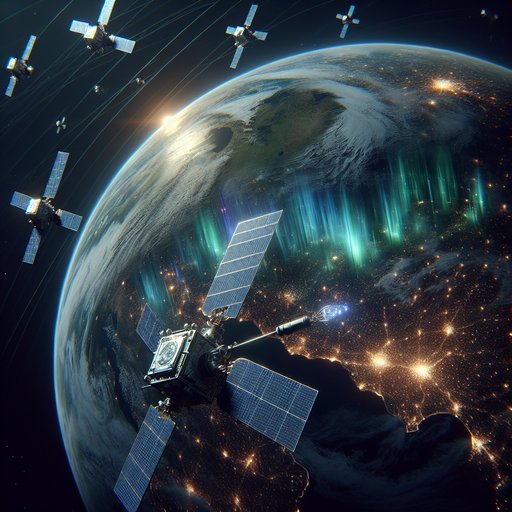- Details
- Written by: Bob Fratenni

A new study presenting “clay minerals evidences for coldn-warm fluctuations in the Early Silurian” is more than a paleoclimate footnote; it is a cautionary flare from deep time, reminding us that the ocean floor archives planetary mood swings we barely grasp [3]. Yet even as these sediments speak, contemporary powers frame the abyss as a theater of competition, with a new contest between the United States and China emerging in the depths of the ocean [1]. In the Pacific neighborhood, public debate can still descend into zero‑sum posturing, as a New Zealand Herald piece described a “pointless” war of words with the Cook Islands that should end [2]. If this is our governance baseline, we are not ready to scar the seafloor in the name of “green” progress. We hardly understand our own oceans, yet we hurry to carve claims upon their beds.
- Details
- Written by: Bob Fratenni

An airliner’s cracked windshield at 36,000 feet should not be a Rorschach test for our anxieties about the modern sky, yet the United Airlines incident over the American West has become exactly that—an interpretive battle over what hit the glass and what it says about the orbit‑to‑runway commons we treat as a dumping ground. Initial reports framed a “mystery object from ‘space’” striking a United flight over Utah, with images of cockpit damage circulating widely and investigators opening a probe into the midair anomaly [1][9][5]. Some outlets called it an impact from a “possible space object,” while aviation briefings echoed the “possible space debris” headline that traveled fast through the industry [2][3]. Then, a whiplash twist: a subsequent report asserted the object was not orbital at all, but a balloon—proof less of certainty than of the mess we’ve made between ground and exosphere [7]. Whatever the final finding, the cracked glass is a mirror held up to the way we fill shared environments with hazards and call it progress.
- Details
- Written by: Bob Fratenni

The United States has grown strangely comfortable with stories that, in another era, would have shaken its democracy to the core. Reports that the Trump family has made more than a billion dollars from crypto ventures tied to regulatory decisions [1]. Time’s account of tariff shocks and sudden reversals that coincided with Truth Social posts urging investors to “BUY” [2]. Jared Kushner’s $2 billion fund seeded by Saudi Arabia [3]. Donors receiving pardons or policy favors [4]. Free jets, private perks, and regulatory agencies that quietly step aside.
- Details
- Written by: Bob Fratenni

A giant weak spot in Earth’s magnetic field is expanding, and the people who rely on satellites—from weather forecasters to farmers and firefighters—should read that headline as a warning label, not as trivia [3][4]. When the planet’s electromagnetic armor buckles, spacecraft face more radiation, more glitches, and more risk at the very moment we are stuffing low Earth orbit with hardware. We have turned the night sky into a worksite—and sometimes a scrapyard—just as nature reminds us that space is not inert. In an era when an astronaut can film a gleaming satellite train gliding above living auroras, the cultural stakes are as high as the technical ones [1]. If we want the heavens to remain legible—to science and to story—we must govern them as a commons rather than a frontier.





















































